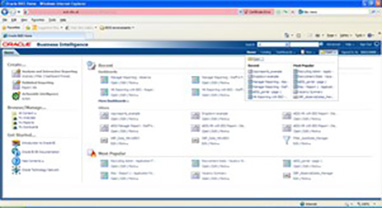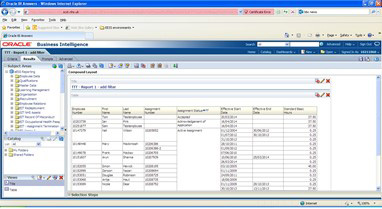Remit
The overarching aim of this Inquiry is to consider the planning, design, construction, commissioning and, where appropriate, maintenance of both the Queen Elizabeth University Hospital Campus (QEUH), Glasgow and the Royal Hospital for Children and Young People and Department of Clinical Neurosciences (RHCYP/DCN), Edinburgh. The Inquiry will determine how issues relating to adequacy of ventilation, water contamination and other matters adversely impacting on patient safety and care occurred; if these issues could have been prevented; the impacts of these issues on patients and their families; and whether the buildings provide a suitable environment for the delivery of safe, effective person-centred care. The Inquiry will make recommendations to ensure that any past mistakes are not repeated in future NHS infrastructure projects. The Inquiry will do this by fulfilling its Terms of Reference.
Terms of Reference
To examine the issues in relation to adequacy of ventilation, water contamination and other matters adversely impacting on patient safety and care which arose in the construction and delivery of the QEUH and RHCYP/DCN; and to identify whether and to what extent these issues were contributed to by key building systems which were defective in the sense of:
a) Not achieving the outcomes or being capable of the function or purpose for which they were intended;
b) Not conforming to relevant statutory regulation and other applicable recommendations, guidance and good practice.
To examine the arrangements for strategic definition, preparation and brief and concept and design, including the procurement, supply chain and contractual structure adopted for the financing and construction of the buildings, to determine whether any aspect of these arrangements has contributed to such issues and defects.
To examine during delivery of QEUH and RHCYP/DCN projects:
a) Whether the Boards of NHS Greater Glasgow & Clyde and NHS Lothian put in place governance processes to oversee the projects and whether they were adequate and effectively implemented, particularly at significant project milestones;
b) Whether operational management provided by the Boards of NHS Greater Glasgow and Clyde and NHS Lothian was adequate and effective for the scale of such infrastructure projects;
c) The extent to which decision makers involved with the projects sought and facilitated the input and took account of the advice and information provided by, or available from, the clinical leadership team; infection control teams; estate teams; technical experts and other relevant parties to ensure that the built environment made prior provision for the delivery of clinical care;
d) Whether, the organisational culture within the Boards of NHS Greater Glasgow and Clyde and NHS Lothian encouraged staff to raise concerns and highlight issues in relation to the projects at appropriate times throughout the life cycles of the projects;
e) Whether failures in the operation of systems were a result of failures on the part of the individuals or organisations tasked with specific functions.
To consider whether any individual or body deliberately concealed or failed to disclose evidence of wrongdoing or failures in performance on inadequacies of systems whether during the life of projects or following handover, including evidence relating to the impact of such matters on patient care and patient outcomes; and whether disclosures of such evidence was encouraged, including through implementation of whistleblowing policies, within the organisations involved.
To examine whether, based on the governance arrangements in place, national oversight and support of such a large-scale infrastructure projects was adequate and effective and whether there was effective communication between the organisations involved.
To examine, during the life cycle of the QEUH and RHCYP/DCN projects, how the Boards of NHS Greater Glasgow and Clyde and NHS Lothian secured assurance and supporting evidence that:
a) All necessary inspection and testing had taken place;
b) All key building systems had been completed and functioned in accordance with contractual specifications and other applicable regulations, recommendations, guidance and good practice and;
c) Adequate information and training were provided to allow end-users effectively to operate and maintain key building systems.
To examine what actions have been taken to remedy defects and the extent to which they have been adequate and effective.
To examine the physical, emotional and other effects of the issues identified on patients and their families (in particular in respect of the environmental organisms linked to infections at the QEUH) and to determine whether communication with patients and their families supported and respected their rights to be informed and to participate in respect of matters bearing on treatment.
To examine the processes and practices of reporting healthcare associated infections with QEUH and determine what lessons have been or should be learned.
To examine whether the choice of sites was appropriate or gave rise to an increased risk to patients of environmental organisms causing infections.
To examine whether there are systematic knowledge transfer arrangements in place to learn lessons from healthcare construction projects and whether they are adequate and effective.
To examine whether NHS Lothian had an opportunity to learn lessons from the experience of issues relating to ventilation, water and drainage systems at the QEUH and what extent they took advantage of that opportunity.
To report to the Scottish Ministers on the above matters, and to make recommendations identifying any lessons learnt to ensure that any past mistakes are not repeated in any future NHS infrastructure projects, as soon as reasonably practicable.





